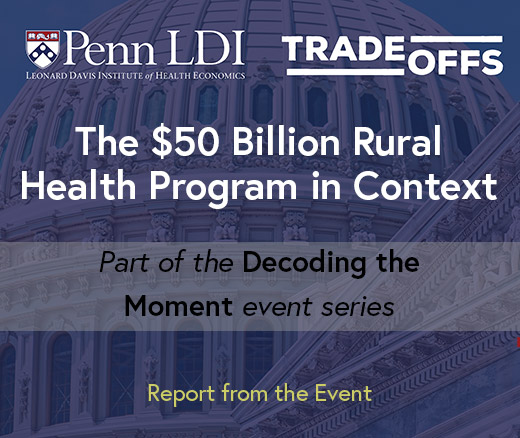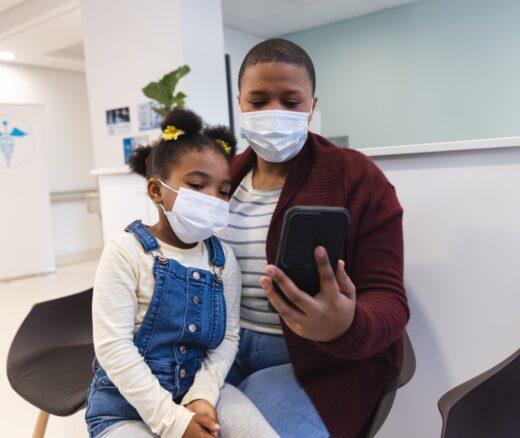
ED Psychiatric Boarding of Children Worsens Nationwide
Penn LDI Senior Fellow Dominic Sisti Cites “Alarming Levels”
In Their Own Words

The following excerpt is from an op-ed that first appeared in The Philadelphia Inquirer on May 16, 2023.
During the chemical spill last March that imperiled the city’s biggest water treatment plant, nearly one million Philadelphians feared losing access to safe drinking water. Most residents are not used to living with such a threat. But many of our fellow Philadelphians will experience that fear and uncertainty every year — not because of contamination, but because of poverty.
Water security — the ability to reliably access safe water — is recognized by the Pennsylvania Constitution as a basic human right, yet tens of thousands of Philly residents have their water turned off every year because they are unable to pay their bills.
We understand that the city needs to collect money from residents to maintain its water infrastructure. But the amount of money collected by shutting off service to customers who can’t afford to pay is a drop in the bucket compared to the incredible damage that shutoffs cause.
Without running water, people can’t wash their hands or their dishes, or prepare their food. They have limited use of toilets and bathing. Something as critical as a baby’s infant formula becomes highly stressful to prepare. What’s worse, water shutoffs can destroy families — unaffordable utility bills and utility service terminations are the most common housing issues requiring children to be placed in foster care. As debt accumulates from water shutoffs, it can lead to financial ruin and a downward spiral to homelessness.
Read the entire op-ed here.




Penn LDI Senior Fellow Dominic Sisti Cites “Alarming Levels”

Failure to Include Diverse Populations Undermines Innovation in the Age of Precision Medicine

A Wharton–Netter Center Collaboration Uses Experiential Learning to Build a Health Care Workforce Pipeline

The Odd Paradox of the Big Beautiful Bill’s Health Care Goals

Lower Pay for Black and Hispanic Patients Drives Unequal Access to Care

Penn LDI’s Antonia Villarruel and 10 Other Authors Map Social Determinants Across Multiple Racial and Ethnic Groups